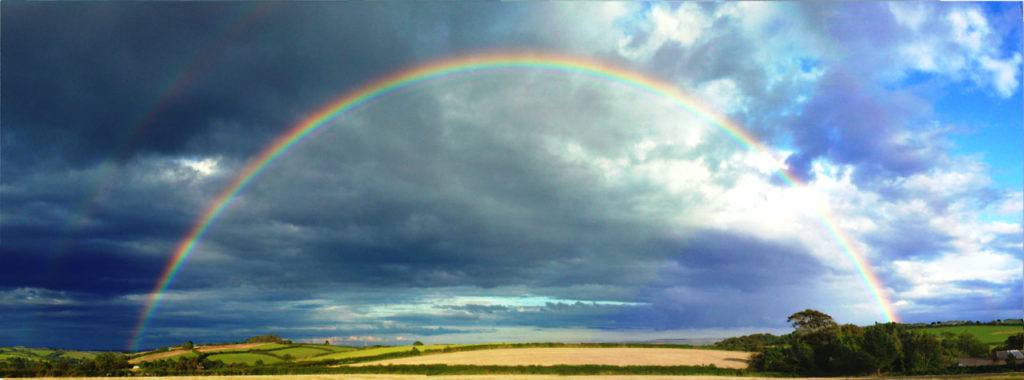Climate Connections: From Scripture to the Pressing Issue of Our Generation

Reflection on the October 29th Lectionary Reading—Matthew 22:34-46
With a lawyer on the attack, Jesus answers by returning to his core message: love. The lawyer wanted to ensnare Jesus in a legal and rhetorical trap. By asking him to elevate one law above all the others, he was forcing Jesus to disavow the established view that all commandments should be ranked as equals because no human can presume to know the mind of God. Jesus’ response was at once simple and radical: first, love God, and second, love your neighbor. He adds, “On these two commandments hang all the law and the prophets.” While love as a guiding principle may still seem simple, is it still radical or even helpful in the face of matters as serious and as huge as white supremacy or climate change? In short, is love still the answer?
Recently, as I scrolled through various Facebook posts, an article shared by a friend caught my eye. It had the provocative title, “Ibram Kendi, One of the Nation’s Leading Scholars of Racism, Says Education and Love Are Not the Answer.” I saved the article to read later. It would seem that as a minister of the gospel I had a lot riding on whether Kendi’s argument was true. If love isn’t the answer, than that means God and Jesus aren’t the answer either.
To be honest, part of me agreed with Kendi before I even read the article. The word “love” gets tossed around so much as the answer to everything that the word can easily be associated with countless clichés and simplistic prescriptions. Indeed, upon reading the article, I liked Kendi’s core argument that racism is not about ignorance and hate. It is about policies driven by self-interest cloaked underneath racial rationalizations. Kendi’s mission is thus to strategize about policies that could ultimately eliminate racism.
But why strategize in the first place? Are debates over policy simply a matter of pitting the self-interest of some against the self-interest of others? Maybe. Or, perhaps, this is where faith becomes important for some of us. I certainly believe self-interest is a powerful factor driving the actions of many, but if life was all about self-interest, I wouldn’t be interested in living it. I prefer to believe that life is made meaningful by something else, and that is love. Ultimately, this is why I choose to have faith in God, even in the face of seemingly intractable societal ills.
For such reasons, I find myself returning again and again to love in the struggle to address climate change and the enormous justice issues of our time. Specifically, I find myself focused over and over on the Three Great Loves: love of neighbor, love of children, and love of creation. I believe these comprise the heart of what will fundamentally motivate people to seek the policy level changes our society so desperately needs.
In this way, I find that love is still indeed the answer as simple and as radical as that might sound.
Related News
Joy, Love, and Climate Action: A Church Draws from Ayana Elizabeth Johnson
At First Congregational Church, UCC, in Colorado Springs, CO, our Climate Justice Leadership...
Read MoreAn ally experiences PRIDE in the CLE
Advocacy and Action for Women's and Gender Justice Local events stir thoughts and...
Read MoreVote for Climate Hope Congregation Toolkit
After having witnessed the wonderful Climate Hope art of UCC children and youth, we are now...
Read More

